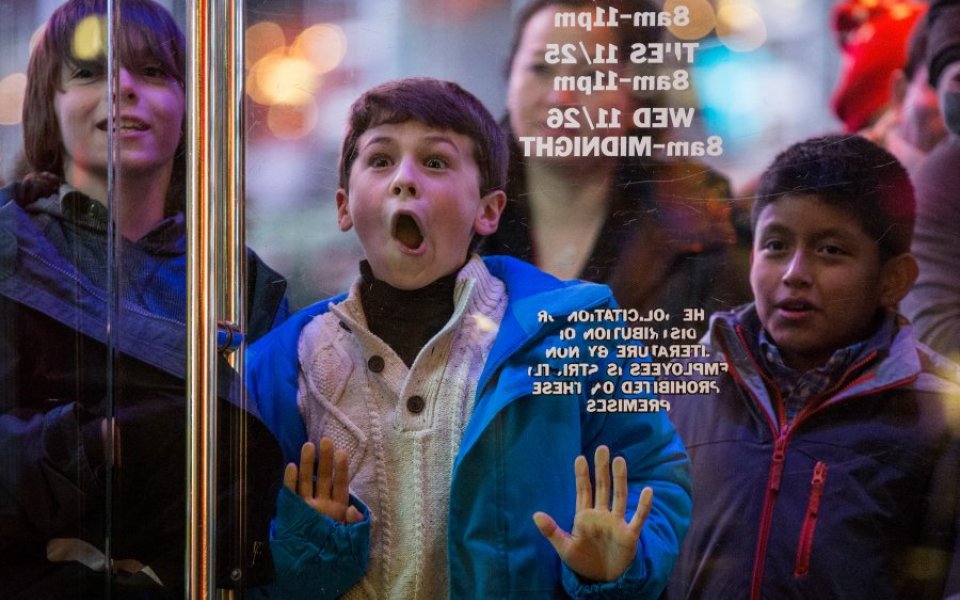Low inflation and falling unemployment mean it will be a bumper Black Friday 2015 UK

More than a week’s worth of UK online spending in one day – that’s what Black Friday is estimated to bring in. Average weekly online spending in the UK last month was £839.1m. For Black Friday alone it will be close to £1bn according to the Centre for Retail Research. Total Black Friday sales (including in-store sales) are forecast to reach £1.39bn.
The economics are certainly pointing to a bumper take. There’s a rosy backdrop to consumer spending in the UK at the moment. Over the past year, thanks mainly to low inflation, Britons have been experiencing real income growth (i.e. once adjusted for price changes) for the first time since the financial crisis. Average real weekly earnings are three per cent higher than they were this time last year.
Read more: How to bag an Apple bargain on Black Friday
And it’s because a lot of the essentials have been falling in price. Compared to last year food is three per cent cheaper, petrol has declined 14 per cent and gas bills are down six per cent. That gives consumers a bit more cash to spend this Black Friday.
But falling prices are visible in other areas. Many of the things consumers will be enticed into buying via pop-up adverts on their smartphones on Black Friday are already getting cheaper. Televisions and computers are around 10 per cent cheaper than they were this time last year while games & toys are down one per cent. And clothes are a mere 0.4 per cent more expensive than they were this time last year.
Read more: Tesco just revealed its Black Friday deals
Cheaper prices means more bang for your buck. Retail sales have been growing at a fair clip for some time now, currently rising by around 4 per cent year-on-year in volume terms, close to the strongest pace seen at any point over the past ten years.
It’s not just subdued inflation and higher wages paving the way for consumers to splurge this Black Friday. There’s more people in work, too. The unemployment rate has fallen from 6 per cent to 5.3 per cent over the past year with 177,000 more people in work compared to this time last year.
What about the economic impact? Unfortunately, it’s unlikely to be much. Most of the spending probably would have taken place at some other point in time, most likely closer to Christmas.
It’s certainly not going to move the GDP dial. £1bn may sound like a lot but UK household expenditure is currently running at almost £280bn a quarter. In the second quarter of this year alone households spent around £16bn on ‘clothing and footwear’ and almost £5bn on ‘games, toys and hobbies’.
But oh what spoilsports economists can be. Mobile devices ready. Payment cards ready. There are bargains to be had. Go!
Still not sure what all the fuss is about? Watch our short film on the history of Black Friday